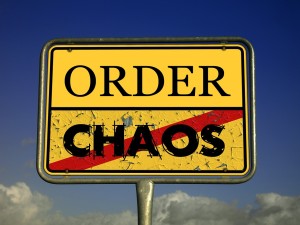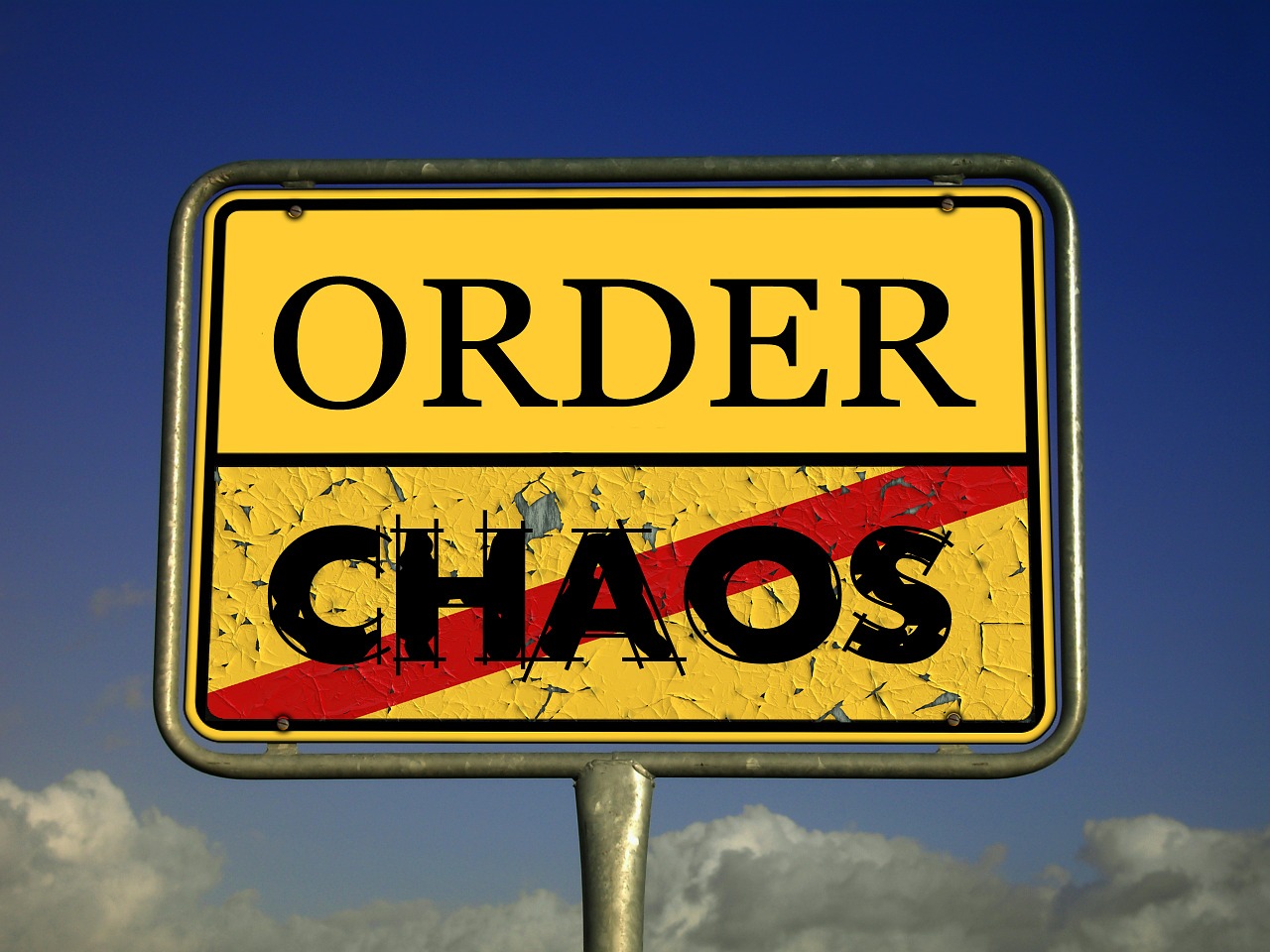Written by Victoria Williams.
 With an endless pile of work projects, commitments to community organizations and a family to look after, many of us, at times, can find keeping everything straight a bit challenging. Don’t worry, though. I have asked fellow communicators Jenny Magic and Maura Nevel Thomas to call upon their communications expertise and assist us in identifying and implementing the proper tools necessary for getting better organized!
With an endless pile of work projects, commitments to community organizations and a family to look after, many of us, at times, can find keeping everything straight a bit challenging. Don’t worry, though. I have asked fellow communicators Jenny Magic and Maura Nevel Thomas to call upon their communications expertise and assist us in identifying and implementing the proper tools necessary for getting better organized!
Thomas is the founder of RegainYourTime.com. With 20 years’ experience under her belt, she is an expert in the area of personal productivity and has worked to help clients such as the American Heart Association, Honeywell, Vistage, Dell, and VMWare turn chaos into control and find a harmonious balance between work and home through something called the Empowered Productivity™ System.
“The Empowered ProductivityTM System is more than time management training. It is a workflow methodology based in continuous improvement principles that teaches you and your team to regain control over the details of your life and work, and to apply the methodology to productivity software and tools to help you make more progress on your significant results,” Thomas said.
“A big change that people who use Empowered Productivity make is learning not to react to every distraction in the moment. They also learn not to manage their workload (and their “life load”) in their head. You can only manage what you can see, and you can only see what is outside your head. They get everything into a single system instead of flitting between email, voicemail, meeting notes and various haphazard to-do lists to try to keep track of priorities, “she added.
So, what are some basic tools people can use to help them be more organized?
To answer this question, Thomas provides us with some information on Personal Information Managers (PIMs) through not one, but two online blog posts. She makes mention of five specific components that PIMs should feature in order for us to be the most productive. They are: Calendar, contacts, email, notes and tasks.
Our ability to be effectively productive and organized is dependent upon to our ability to effectively use our attention management skills. Developing solid attention management skills, however, is one thing. Actually putting them to the test and achieving tasks in a timely manner is becoming increasing difficult because of the rapid growth in technology we’re experiencing. And the development of such a high rate of technological advancement in such a short amount of time sets the stage for many distractions.
“One reason we’re a lot more distracted now is digital convergence. We now access things that used to be separate – TV, books, communication channels, newspapers, etc. – through our devices. And we use those same devices to work. Constantly having a screen in front of us creates an unrelenting stream of distraction. Those hard-to-ignore demands always tempt us. You could be trying to work on an important project but get distracted by work emails or instant messages, social media notifications — you name it. At the same time, our work environments are distracting. Many of us work in open floorplan offices, which lack privacy and quiet spaces. And more and more people are working at home instead of the office, which has its own set of distractions,” Thomas said.
Distractions come in all shapes and sizes and can exist anywhere, it seems.
“Old rules of thumb like ‘prioritize A, B, C’ and ‘start every day by making a list of all the things you need to do that day’ just can’t compete with all the distractions we deal with today, “ Thomas said.
What is Attention Management, exactly?
“Attention management means you work, in a focused way, on what’s most important, not just what’s most distracting in the moment. It gets you out of the mode of always reacting. It means having goals and a workflow management system to meet them. Your major goals, restated as projects, are always visible and available to you. These are your anchor in a sea of distraction,” she said.
Setting goals is also important to maintaining a well-balanced life. And they can be more easily achieved with the help of the Empowered Productivity System.
According to this blog post about the relationship between happiness and productivity, the key to accomplishing goals depends upon our ability to break them down into projects with a beginning and an end. Doing this will help us to take a more proactive approach to reaching our goals, whether they are personal or professional.
“I think the best way to stay organized is to know your goals and weed out everything that doesn’t align. And your goals don’t have to be ambitious, career-driven. They might be about getting more sleep or drinking more water. Knowing what my big-picture goals and my daily goals look like helps me say no to outside requests and the ‘shoulds’ with much more confidence and ease,” said fellow communicator Jenny Magic.
Magic is a content and branding strategist and the former VP of Development for the WCA. She works for Raise Your Hand Texas, a non-profit education advocacy organization working to strengthen public education in Texas.
Goals – no matter how big or small they are – cannot be achieved without the use of proper tools.
“I’m a big fan of the Daily Docket (that and many other great tools here) for highlighting the three things I’m going to get done today. Everything not on the list is bonus, so long as it doesn’t interrupt my three main things,” Magic said.
According to another blog post, we must remember to always be present and attend to the task at hand, whether it is recreational or work related. This will help create a healthy balance between our responsibilities at work and home.
“If you don’t have a map to your destination it’s pretty hard to get there. Knowing what my goals are helps me stay focused, clear-headed, and relaxed. It doesn’t work every day, but if I achieve my Daily Docket three times per week I end up having a pretty great week,” Magic said.
What tools do you use to stay organized? Let us know in the comments.
- Can I fire my client? - January 3, 2026
- How can I make time to work on new business development? - September 19, 2025
- How can I get the information I need out of a job interview? - August 14, 2025

